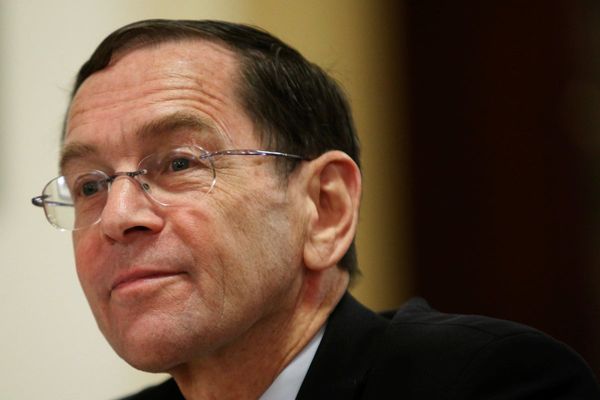
In a significant legal development, an appeals court ruling announced unanimously today firmly stated that former President Donald Trump is not immune from federal charges related to his alleged role in plotting to overturn the 2020 election. Trump has long asserted that he cannot be prosecuted for actions taken during his presidential tenure. However, the three-person panel vehemently rejected this argument in a strongly worded opinion, warning that Trump's position would undermine the fundamental principles of the United States' system of separated powers by placing the president beyond the reach of all three branches of government.
The case at hand, referred to as Jack Smith's federal election interference case, is based in Washington D.C. and centers on Trump's alleged interference in the 2020 election. The court's ruling delivered a striking blow to Trump's defense, which rested on two main arguments. Firstly, Trump claimed blanket immunity, arguing that as president, he was shielded from criminal charges. The court firmly refuted this claim, emphasizing that such a stance would have dire consequences for the separation of powers and described it as a collapse of our system.
Secondly, Trump contended that even if he did not have blanket immunity, his actions fell within the scope of his presidential duties and, therefore, were protected. However, the court rejected this argument as well, asserting that Trump's alleged actions were not only outside the scope of his role but potentially criminal.



Lastly, Trump's legal team put forward an unconventional argument, suggesting that a president or former president can only be indicted if they are first impeached by the House of Representatives and convicted by the Senate. The court firmly dismissed this argument, stating that the impeachment process and criminal prosecution are distinct and unrelated.
With all of Trump's arguments soundly rejected, the stage is set for the case to proceed. As of now, the trial court has been on hold since the appeal began in December. However, the next significant date to watch is Monday, February 12th. If no further action is taken, the case will return to the trial court, allowing the proceedings to resume. However, it is highly probable that Trump will file an appeal to the U.S. Supreme Court, requesting a continuation of the stay and an intervention in the case. The Supreme Court's decision on whether to take up the case will determine if the trial will be delayed significantly or proceed in the trial court before the 2022 election.
The ruling marks a pivotal moment in the legal battle surrounding Trump's alleged interference in the 2020 election. The verdict by the appeals court panel, coupled with the potential involvement of the Supreme Court, ensures that this case will continue to attract intense scrutiny and public interest. As the legal proceedings unfold, the ultimate determination of whether Trump will face federal charges rests in the hands of the U.S. judicial system.







